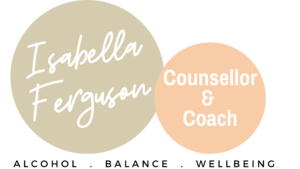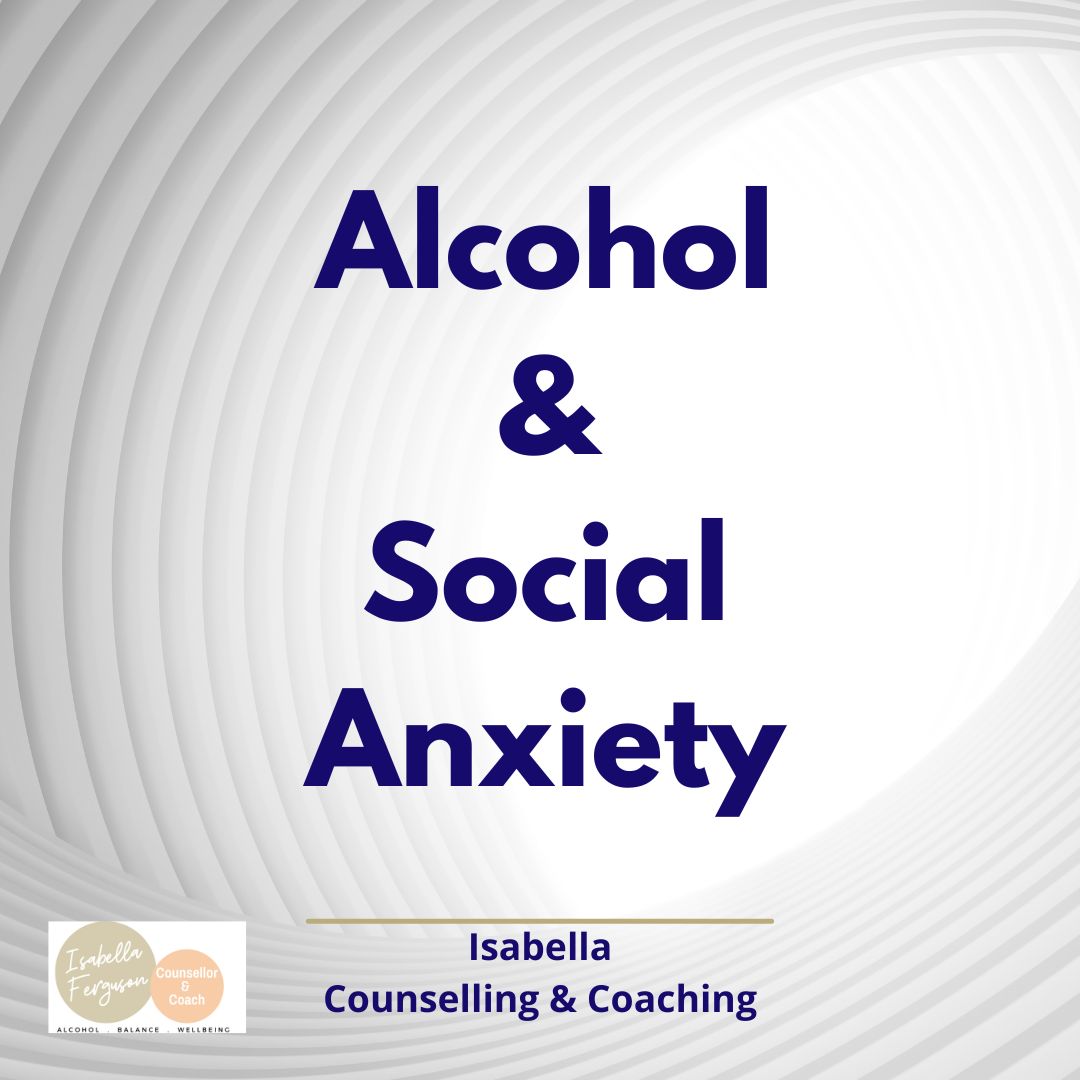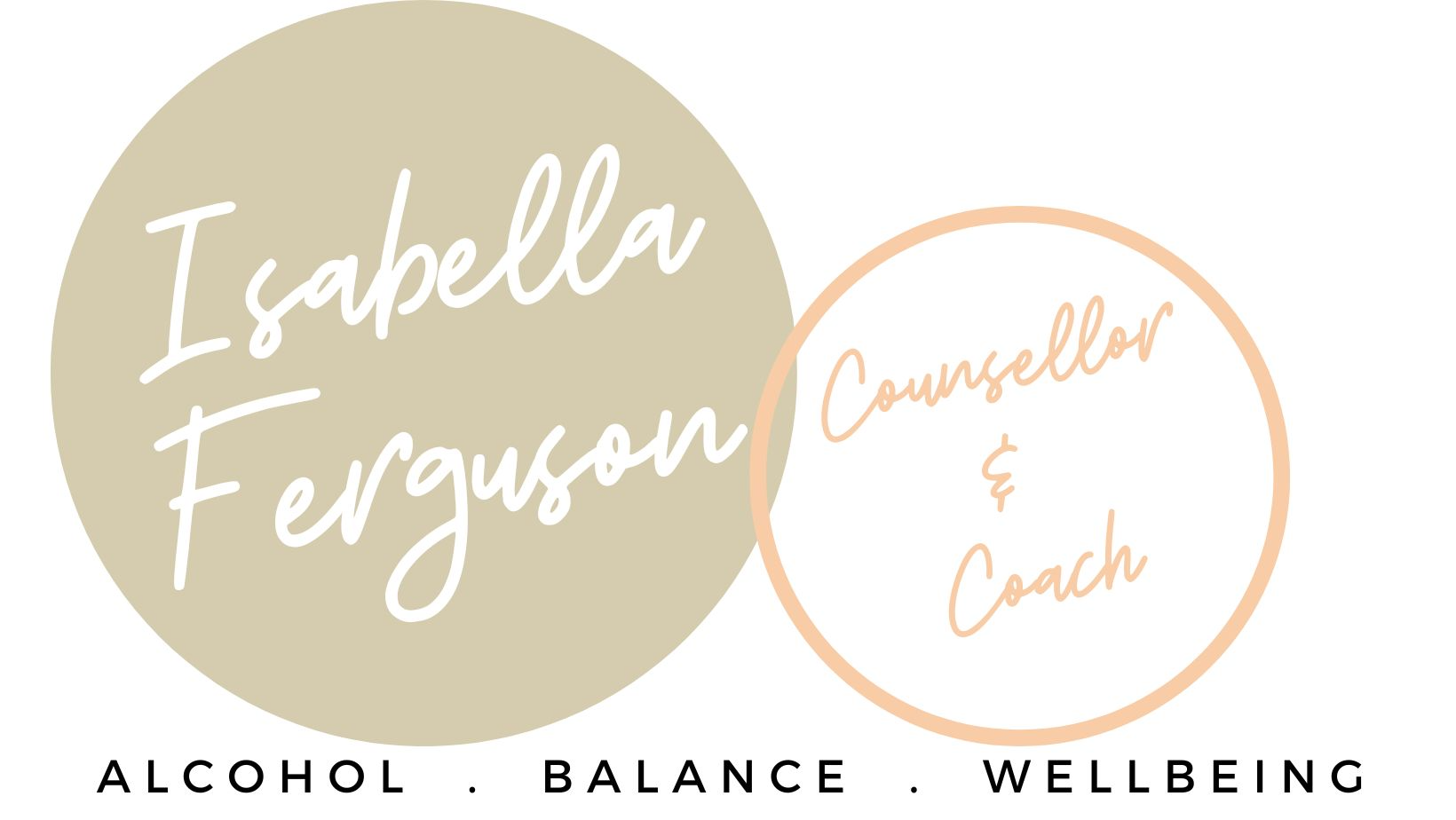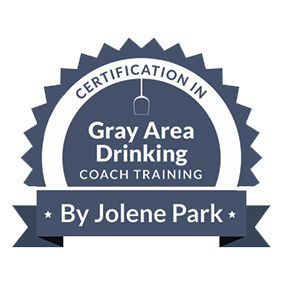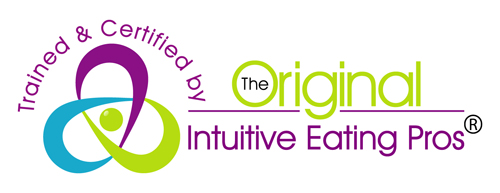Alcohol & Social Anxiety
Did you know that alcohol is a “safety behaviour”?
A safety behaviour is a behaviour that we carry out to avoid discomfort in an anxious-inducing moment to self soothe.
Alcohol is just one example of a safety behaviour. Carrying our phone around (everywhere!), constantly sipping from a large drink bottle or wearing long-sleeves and pants in summer are other examples.
All safety behaviours, particularly alcohol, exacerbate anxiety, mainly because they reinforce our beliefs that we cannot cope without them.
Drinking alcohol is like pouring fuel on anxiety. For example alcohol causes hanxiety, disrupts our REM sleep, triggers regretful conversations, takes away our motivation to get up and exercise and be healthy. It increases our stress-load in virtually every sector of our life!
What’s more, when we drink over many years, we don’t advance our social and self-regulation skills. In fact, our social development can be held in abeyance from the age that we took up drinking to socialise, leading us to develop core beliefs that we need alcohol to cope. So we deny the opportunity to show up as we truly are.
So it may not surprise you, that when we take alcohol away, we can feel rather vulnerable and anxious.
Social anxiety shows up in 4 ways:
- Concern around our appearance and not fitting in based on how we look
- Feeling anxious about feeling anxious and worried if others will notice
- Concern about the quality of our conversation, not being interesting and entertaining enough, and/or
- A feeling that we have a perceived fatal flaw, that we are unlovable, worthless, not enough and we need to do what we can to cover this up from other people noticing this about us.
If you tick one or more of these boxes, it does not automatically mean that you have “social anxiety” in a therapeutic sense (this would need a few sessions and a diagnosis), but it can be helpful to understand the reason behind your anxious feelings so that you can pause, cut yourself some slack and skill-up on how to regulate your anxiety and feel a little more empowered to socialise alcohol free.
These feelings come and go and can be exacerbated when various sectors of your life are challenging. For example, sometimes you feel like everything is “going well”, you feel empowered, and social anxiety is nowhere to be seen. However, in other moments, if you are feeling a little off balance due to relationship issues, work stress, financial stress, health and fitness issues… then these anxieties can flare up.
Some tips
- Consider what are your social strengths? If this is hard, what would your nearest and dearest say about you? What do they value you for in social settings? Honesty? Humour? Kindness? Name 3 – 5 if possible.
- Remind yourself what social settings do you prefer and feel relaxed in? What social settings do you dislike? Are you a big crowd person or a small group person? When you are heading into an uncomfortable setting, you may gain comfort from knowledge that this is not your preferred scene and to give yourself permission to leave early. Also – remember, not everyone needs to be loud, gregarious and demonstrative! Could you imagine if everyone at a gathering was? We need all personality types to make a gathering work. Remember, you are welcome, you are valued, you are loved.
- Acknowledge that social anxiety and negative thoughts are likely to arise in these early days of doing life without your usual safety barrier. Anxious thoughts may also arise when you are not feeling “on top of the world” or “out of your groove” which can happen to the best of us.
- Treat yourself kindly and know that it will get easier.
- Remember why not drinking is important to you.
- Remind yourself what your social strengths are, that you are there by choice, doing your best and that you can leave if you need.
- Reframe your anxiety: rather than “I am so anxious and have nothing interesting to say”, tell yourself “my anxious feelings are a sign that I care about what others think of me because I know I am worth it and deserve to be heard and seen. These feelings will pass soon.”
- Try to direct your focus away from your internal thoughts and focus on something external like smells, sounds, food, AF options, then ask questions!
Good luck out there!
Email me or schedule in a discovery call if you have any questions about anxiety. Always happy to help.
Yours faithfully
